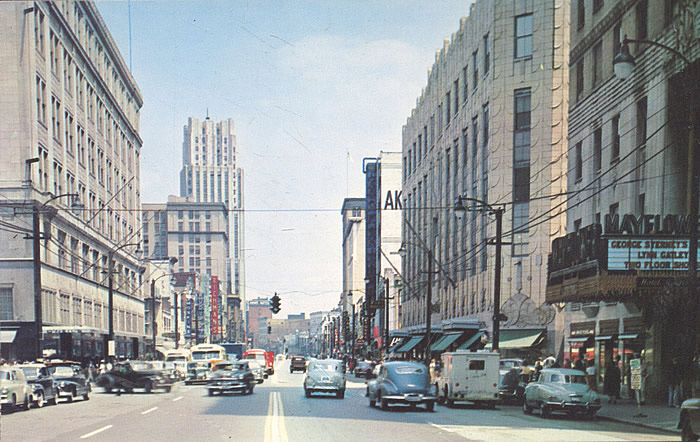
In these days, these unhappy days, when we read the tragic tale of clergy abuse – – here in the diocese of Rochester, New York State and elsewhere – – it might be well to tell you, good reader, how happy my life as a priest has been.
You know of course, the happinesses of marriage and family life: spousal love, the birth of children and their thousand “firsts” (first step, first word, first prom, etc.), holidays, vacations, family nights . . . everyone knows these joyful moments.
Did you ever wonder about the secret happinesses of a priest? I am convinced that few people know the joys of this life of priesthood. I know I can speak as well for Fr. John when I tell you of some of our favorite things living life as a priest.
Here’s a list of my favorite things.
- The surprising newness of the tools of our trade: the psalms, scripture, the prayers of the sacraments, seem always fresh and full of power to touch and heal.
- The beauty of the liturgical seasons and the “inside” experience priests have of them each year.
- Secret moments just between God and me. — The deep peace in knowing we were used by God in very specific ways to help a soul that was burdened with sorrow or sickness.
- Watching the beauty of a bride come down the aisle to meet her husband and to know our lives point to the Bride yet to come —- The New Jerusalem.
- To be beside a wedding couple and to hear their vows spoken so tenderly, and to know you helped them get to that moment.
- Of course the confessional . . . we see the guilt and burden of sin lifted from God’s children. The hope and faith that gets fanned into flame with the words, “I absolve you . . .”. (The humble and tender way people speak their sorrow for sin never ceases to touch my heart. “Lord, do you see how much they love you?”, I tell God.)
- The love of God’s people who look at us at times as they would look upon Christ. (Oh how I wish I were as good as your kindness toward me). How touching is your love for the priest.
- The privileged and sacred moment in the pulpit when the living Word of God comes out of you and is received by His people. It’s a holy moment, a goose bump moment.
- To be called “Father” and know it means something very good.
- To have wise old priests, with battle worn faces, light up when they greet you. Their humble lives have been poured out for thousands of people. Now, older and bent, they smile a secret smile. (Fr. John and I love our Saturday night dinners with our brother priests.)
- To see the Paschal Mystery up close and personal every week. To see the suffering and death and (sometimes much later) the rising to new life in the lives of so many.
- The collar. I like wearing it, sometimes for the stares it gets.
- Convocation – seeing my fellow priests all together each year with our bishop. Watching the grey hairs grow!! (or have fled entirely!).
- Time. (I love this one). You can use it as you see fit. In a sense there is no “inconvenient time”. The priest’s time is meant to be spent on the people and their needs – – not the time clock at work.
There are lots more I could mention. (Be sure of course, there is another list of sad or difficult times for the priest. There is for any life here on earth). But after 40 years as a priest (Fr. John’s 55!) I can honestly say I’d be a priest again in a heartbeat.
Let me end with a message to our young men. Take a look into your heart. What do you feel God has given you to share with the world? Could it be His invitation to share His love as a priest?
I’m praying for you.
Fr. Tim
Scripture Readings for the 22nd Sunday in Ordinary Time (all)
First Reading: Sirach 3:17-18, 20, 28-29
Responsorial Psalm: Psalm 68:4-5, 6-7, 10-11
Second Reading: Hebrews 12:18-19, 22-24a
Gospel: Luke 14:1, 7-14
Scripture Readings for the 23rd Sunday in Ordinary Time (all)
First Reading: Wisdom 9:13-18b
Responsorial Psalm: Psalm 90:3-4, 5-6, 12-14, 17
Second Reading: Philemon 1:9-10, 12-17
Gospel: Luke 14:25-33




